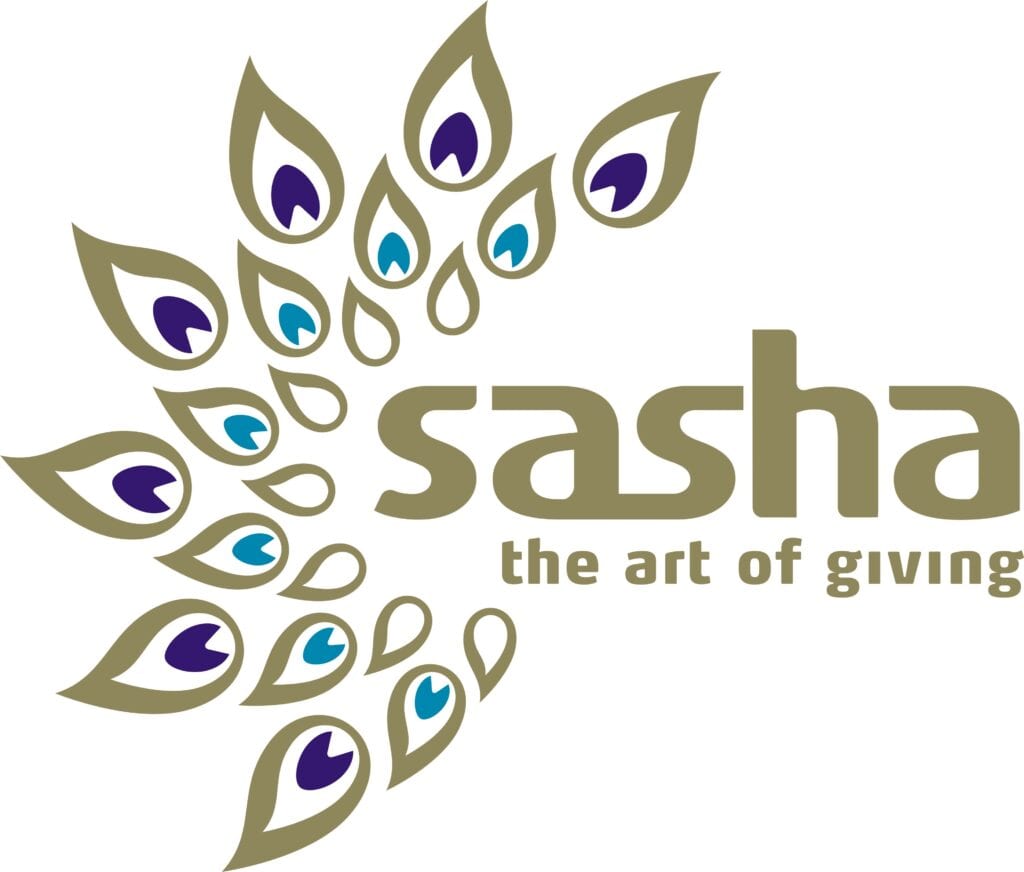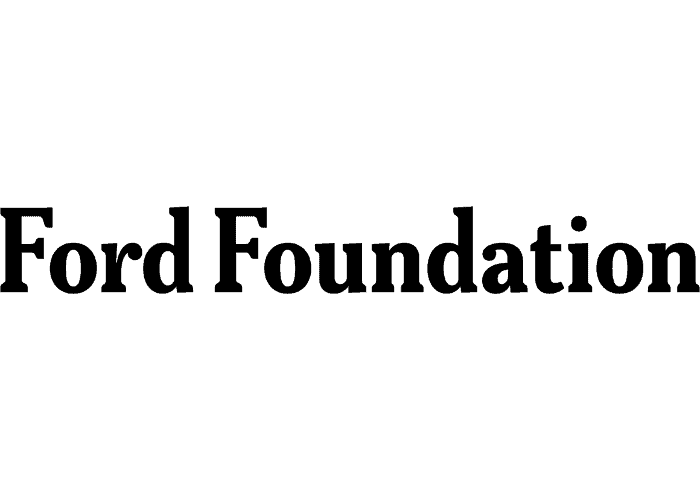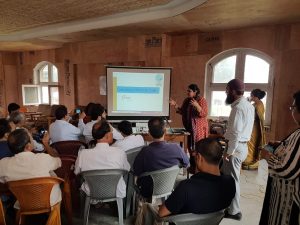- About AVPN
-
-
-
About AVPN
Who We Are
We are a leading ecosystem builder that is increasing the flow of financial, human, and intellectual capital from Asia and around the world into the social sector in Asia. We provide a network of peers, rigorous learning programmes, and innovative capital mobilization opportunities that make sure resources are more effectively deployed.
-
-
-
- Members
-
-
-
Membership Benefits
Unrestricted access to AVPN research reports and case studies
Access market-specific snapshots and opportunities
Increased visibility for events, programs and insights via AVPN website, blog, newsletters and social media channels
Leverage the AVPN platform to bring under-represented social issues top of mind for more than 600 social investors
-
-
-
- Resources
-
-
-
Resources
Highlights of the week
Trust-Based Philanthropy
In the face of increasingly complex and, sometimes rapidly, changing needs on the ground, it is crucial to take a step back and reconsider the status quo.
APAC Sustainability Seed Fund 2.0
By leveraging the success of the first round of the APAC Sustainability Seed Fund, AVPN continues to mobilise continuum of capital into supporting climate solutions in the region.
Faith and Giving
Faith, and the values, belief systems, moral codes, and religious doctrines, that underlie it, shape much of philanthropy across the world. From addressing needs in underserved communities to investing in sustainable energy solutions, faith-aligned givers are demonstrating that compassion can be a catalyst for a more just and equitable world. However, the fundamental drivers of faith-aligned giving often remain unexamined.
-
-
-
- Markets
-
-
-
Markets
We are a leading ecosystem builder that is increasing the flow of financial, human, and intellectual capital from Asia and around the world into the social sector in Asia. We provide a network of peers, rigorous learning programmes, and innovative capital mobilization opportunities that make sure resources are more effectively deployed.
Explore Markets
-
-
-
- Impact Communities
-
-
-
Impact Communities
-
-
-
- Capital Mobilisation
-
-
-
Capital Mobilisation
Featured Deals
Socio-Economic Empowerment of Women
Climate Action and Environment, Education, Financial Inclusion, Gender, Livelihood and Poverty Alleviation
Solve Education: Education through Innovative Learning Platform
Education, Employability, Livelihood and Poverty Alleviation
Lotus Petal Sr. Sec School, Gurugram
Education, Employability, Health
IT Training Against Poverty in Cebu
Education, Employability, Livelihood and Poverty Alleviation
IT Vocational Training Against Poverty
Education, Employability, Livelihood and Poverty Alleviation
Gigatonne: Addressing Problems within the Carbon Credits Market
Climate Action and Environment, Financial Inclusion, Gender, Livelihood and Poverty Alleviation
-
-
-
- Events
-
-
-
Events
Upcoming Signature EventsAVPN Global Conference 2024
23 April 2024
-
25 April 2024
Signature Event
Upcoming Events
Restoring Equilibrium: SVCA 2024 Annual Conference – Seeking Balance in A Turbulent World
16 May 2024
-
-
-
Sustainable Models to Scale up Fair Trade Market
Pioneering the development of Fair Trade enterprises in India by providing marginalised artisan community with capacity building support and market access.
By

Sarba Shanti Ayog
Click here to learn more about the Impact Organisation
This is member exclusive
content. Click here to unlock
Social causes
Beneficiaries
SDGs covered
Endorsed by
Market of Implementation
- India
Problem
Rising inequality, entrenched poverty and a deepening ecological crisis have mobilised the global community to seek new models of business and trade that drive fair and sustainable economies. Economic development that rides on conventional trade is a model of business and trade that puts profit before people and planet. Sustainable development means we need to live within ‘the doughnut’ not exceeding the limits of our planet while meeting human needs. The planet has a limit to the economic footprint it can handle. And we are stretching beyond this at present on multiple levels. Meanwhile, we are failing to meet basic human needs. We cannot keep growing our footprint and going further beyond our planet’s boundaries. This means tackling inequality is key. But inequality is growing and is driven by a system of business, finance and trade that rewards wealth, not work. This way of doing business and trade cannot continue.The kinds of businesses that populate our economy is critical.
Solution
Over many decades, the Fair Trade movement has developed and implemented a range of models that serve as an experiment in transforming the broader global economy. Every day, we see the difference that sustainable production – from fair prices to proper labour conditions – makes for marginalised producers and workers. It must also be acknowledged that making consumers aware of the impact of their consumption’s decisions is equally important. The success of Fair Trade shows how the private sector can be a fundamental driver of poverty reduction and sustainable development. Organised producer groups, such as small-scale farmer cooperatives, should become key partners for governments in practical implementation of the new Agenda 2030. Fair Trade is an excellent example of a partnership where many stakeholders around the world and at different stages along the supply chain come together to ensure market access for disadvantaged producers and workers - comprising of women, ethnic minorities, displaced, refugees and people with disabilities - and guarantee sustainable livelihoods.

















 Over many decades, the Fair Trade movement has developed and implemented a range of models that serve as an experiment in transforming the broader global economy. Every day, we see the difference that sustainable production – from fair prices to proper labour conditions – makes for marginalised producers and workers. It must also be acknowledged that making consumers aware of the impact of their consumption’s decisions is equally important. The success of Fair Trade shows how the private sector can be a fundamental driver of poverty reduction and sustainable development. Organised producer groups, such as small-scale farmer cooperatives, should become key partners for governments in practical implementation of the new Agenda 2030. Fair Trade is an excellent example of a partnership where many stakeholders around the world and at different stages along the supply chain come together to ensure market access for disadvantaged producers and workers
Over many decades, the Fair Trade movement has developed and implemented a range of models that serve as an experiment in transforming the broader global economy. Every day, we see the difference that sustainable production – from fair prices to proper labour conditions – makes for marginalised producers and workers. It must also be acknowledged that making consumers aware of the impact of their consumption’s decisions is equally important. The success of Fair Trade shows how the private sector can be a fundamental driver of poverty reduction and sustainable development. Organised producer groups, such as small-scale farmer cooperatives, should become key partners for governments in practical implementation of the new Agenda 2030. Fair Trade is an excellent example of a partnership where many stakeholders around the world and at different stages along the supply chain come together to ensure market access for disadvantaged producers and workers